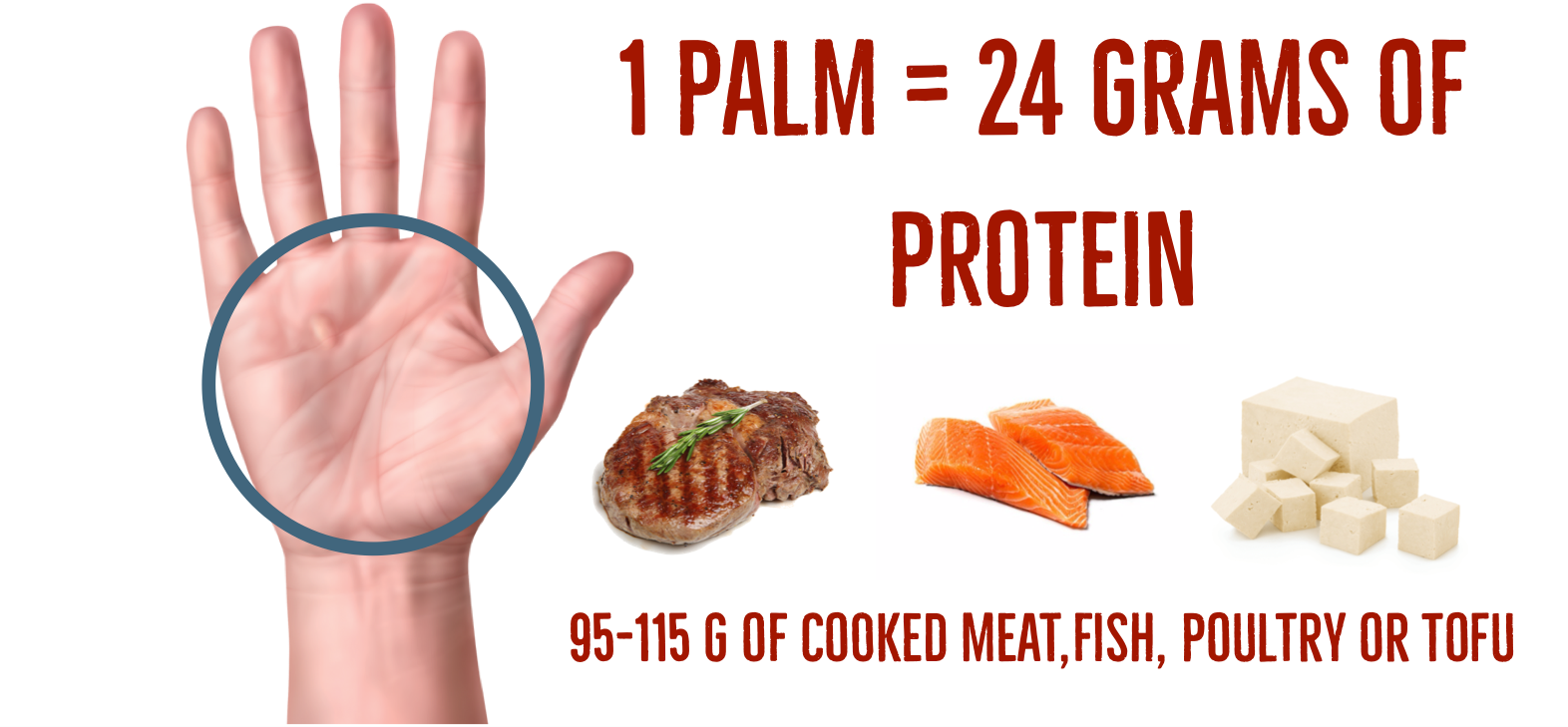The principles of building muscle are fairly simple, but the thing most clients don’t want to hear is that it will take TIME.
To build muscle you need to be:
- Eating enough. How much and WHAT you are eating, matters.
- Lifting enough. For the muscle to grow it needs to be challenged; In load and in intensity.
- Sleeping enough. For adaptation to occur, you need to rest and recover.
- Consistent in all.
So why get jacked?
Having more muscle has so many benefits beyond the aesthetic appeal Most important among them include enhanced longevity and an improved metabolism.
Muscle mass plays a crucial role in maintaining overall health and functional independence as we age, contributing to better mobility, balance, and a reduced risk of falls and injuries.
Additionally, muscle tissue is metabolically active, meaning it helps increase your resting metabolic rate, which can aid in weight management and reduce the risk of metabolic diseases such as type 2 diabetes. By supporting a higher metabolism, more muscle mass helps the body efficiently burn calories even at rest, promoting overall metabolic health and longevity
Let’s talk about creating conditions to allow for muscle to grow.
Protein: The Building Block of Muscle
Protein plays a crucial role in muscle growth and repair. To effectively build muscle, it’s essential to consume an adequate amount of protein daily.
A general guideline is to aim for 1.6 to 2.2 grams of protein per kilogram of body weight. For example, a person weighing 70 kg should consume between 112 and 154 grams of protein each day.
Consistent protein intake throughout the day is very beneficial for muscle growth. By including protein in each meal, you ensure that your muscles receive a steady supply of the amino acids necessary for repair and growth.
This consistent supply can help maximize muscle protein synthesis, leading to better muscle gains over time.
Don’t skip on the calories
Eating enough calories is crucial to support muscle growth. When you consume sufficient calories, your body has the energy it needs to repair and build muscle tissue after workouts. Without enough calories, your body may not have the necessary resources to effectively recover and grow stronger.
Adequate calorie intake ensures that you’re in an anabolic state, where muscle building occurs, rather than a catabolic state, where muscle breakdown can happen. To maximize muscle growth, it’s important to not only focus on protein intake but also ensure you’re eating enough overall calories to fuel your workouts and recovery processes.
Lift Heavy Often: The Role of Resistance Training
Resistance training is fundamental to building muscle. Lifting creates muscle tension , which stimulates muscle growth.
Lifting weights creates tension in your muscles, which is essential for muscle growth. When you lift, your muscles work hard to move the weight, causing tiny tears in the muscle fibers.
Your body then repairs these tears, making your muscles bigger and stronger. This process also releases hormones that help with muscle growth.
The Importance of Intensity and Volume
The intensity of your training sessions, along with the volume of work done, plays a significant role in muscle building. Hypertrophy training usually involves performing multiple sets and repetitions of an exercise. A common approach is to perform 3 to 5 sets of 8 to 12 reps for each exercise. This rep range is effective for creating muscle fatigue and microtears that lead to growth during the recovery phase.
It’s important to progressively increase the weight you lift or the resistance you use as your strength improves. This progressive overload ensures that your muscles continue to adapt and grow stronger over time.

Building Strength vs. Building Muscle
It’s worth mentioning that while increasing muscle size often leads to increased strength, the two are not always directly correlated.
Strength training typically focuses on lower rep ranges (1 to 6 reps) with heavier weights, which enhances neuromuscular adaptations and maximal force production.
On the other hand, hypertrophy training (8 to 12 reps) focuses on increasing muscle size through greater time under tension and metabolic stress.

Sleep: The Base of the Muscle-building Pyramid
The most common factor of health and fitness that nearly everyone falls short on; sleep.
Sleep is crucial for building muscle because it’s when your body repairs and grows. During deep sleep, your body releases growth hormone, which helps fix and build your muscles. Sleep also reduces muscle inflammation and restores your energy, so you’re ready for your next workout. Without enough sleep, your muscles don’t get the recovery time they need, which can slow down your progress
This is a very brief explanation of the importance of sleep but you get the picture. Adequate sleep will improve every aspect of your health and fitness.
So to conclude, building muscle requires a strategic combination of proper nutrition, consistent resistance training, and adequate workout intensity. By ensuring you consume enough protein and spread it throughout your meals, you provide your muscles with the necessary nutrients for growth. Engaging in regular resistance training with appropriate intensity and volume will help stimulate muscle hypertrophy.
Remember that while muscle size and strength are related, they require slightly different training approaches. By understanding and implementing these principles, you’ll be well on your way to achieving your muscle-building goals.




